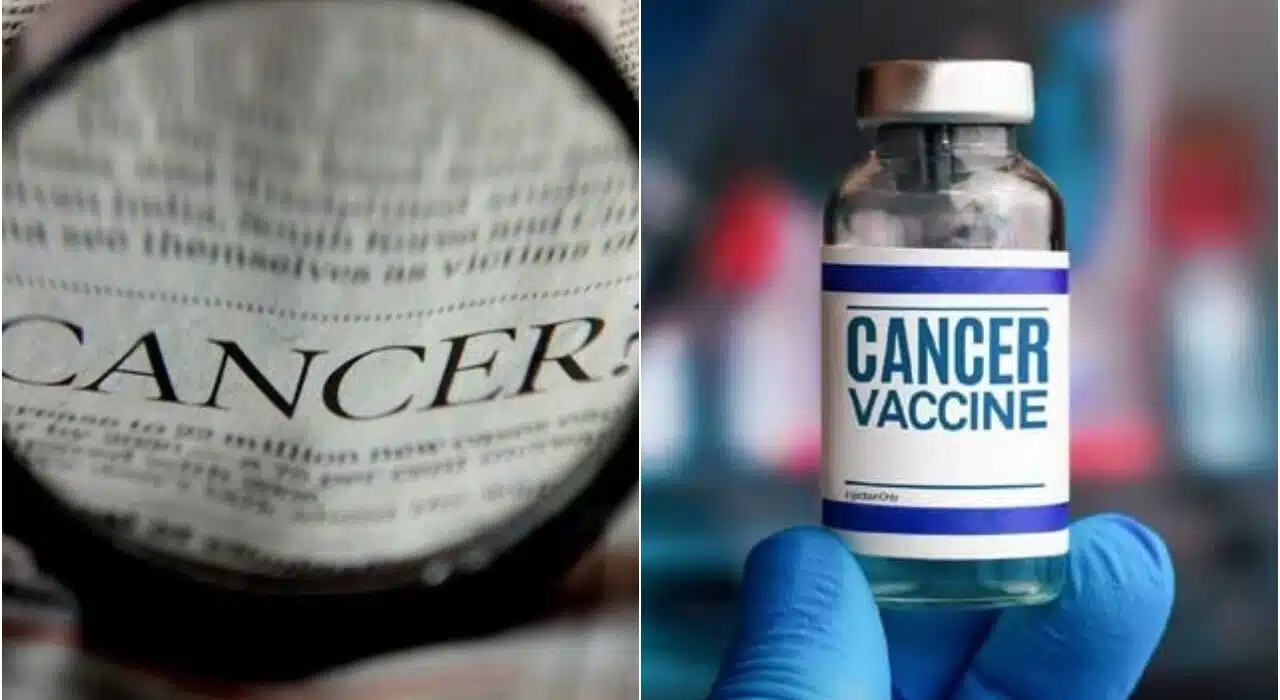Russia has announced a breakthrough in cancer treatment after developing its own mRNA-based cancer vaccine. The free-of-charge vaccine to patients will be available as early as January 2025, according to state news agency TASS. This breakthrough is being hailed as a major stride in the global fight against cancer.
The new vaccine relies on mRNA technology, which uses a copy of messenger RNA to elicit an immune system response. According to General Director Andrey Kaprin of the Radiology Medical Research Center of the Russian Ministry of Health, Russian scientists believe their mRNA cancer vaccine not only controls tumor growth but also inhibits metastasis.
AI to Change the Face of Personalized Cancer Vaccines Developed by Russia
When Russia successfully develops a cancer vaccine, artificial intelligence could be essential in perfecting it. According to Alexander Gintsburg, the head of the Gamaleya National Research Center, AI will be significant in reducing the time used in preparing individualized mRNA vaccines, which take months to prepare by using matrix methods in mathematics. The same process, researchers believe can be shortened to under an hour by incorporating neural network computing.
This would involve training the AI on 40,000 to 50,000 tumor sequences in a vast database, which would allow the tumor sequences to determine the antigens a patient is compatible with in relation to their treatment. Ginsburg noted that this could eventually dramatically shift how cancer care was administered to provide more tailored vaccines for patient needs.
Cooperation and State Funding
Russia’s cancer vaccine is developed through a collaboration among the Gamaleya Research Center, Hertsen Moscow Oncology Research Institute, and Blokhin Cancer Research Center. Health Minister Mikhail Murashko confirmed that the project would be state-funded under governmental initiative. Preclinical trials demonstrated earlier results, showing that the vaccine inhibited tumor progression.
As Russia develops a cancer vaccine, global attention is turning toward the potential of mRNA technology to revolutionize oncology. The introduction of free access to such an advanced treatment could mark a new chapter in making cancer therapies more accessible.
Also, see: Vishal Mega Mart share price makes stellar debut on stock exchange
